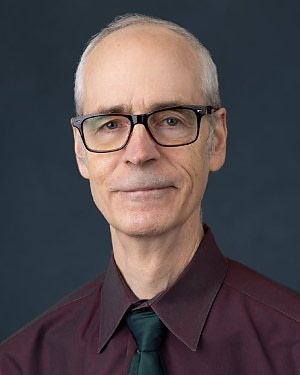Research Summary
Research has involved both basic and clinical studies focused on the biochemical and biological actions of a gene family we first described in 2001 (the SIBLING or Small Integrin Binding LIgand N-linked Glycoprotein family). The research has shown that SIBLINGs are secreted intrinsically disordered proteins that bind multiple partners and modulate their partner’s normal biological activity. SIBLINGs are induced in different cancers where their actions facilitate tumor cell enhanced invasiveness and evasion of immune surveillance. The diagnostic utility of SIBLINGs has been studied through developing competitive and sandwich based ELISAs for their quantitative measurement.
Aging-specific research has involved developing biomarkers for sentinel homeostatic pathways such as inflammation (neopterin), senescence (chitotriosidase) and apoptosis (sFas, cytochrome C) to assess phenotypic consequences of altered extracellular signaling. The impact of aging and autoimmunity on signal transduction has been investigated by studying agonistic autoantibodies against the angiotensin II type 1 receptor. These autoantibodies activate their target receptor promoting chronic inflammation and are associated with at-risk status in older adults. Current studies are focused on whether the autoantibodies are predictive of time to diagnosis and time to death in cancer and other diseases associated with a high chronic inflammatory burden.
Technology Expertise Keywords
Biomarkers; Immunoassays; High Performance Liquid Chromatography; Tissue Culture; Pre-clinical Mouse Models


Patient Ratings & Comments
The Patient Rating score is an average of all responses to physician related questions on the national CG-CAHPS Medical Practice patient experience survey through Press Ganey. Responses are measured on a scale of 1 to 5, with 5 being the best score. Comments are also gathered from our CG-CAHPS Medical Practice Survey through Press Ganey and displayed in their entirety. Patients are de-identified for confidentiality and patient privacy.